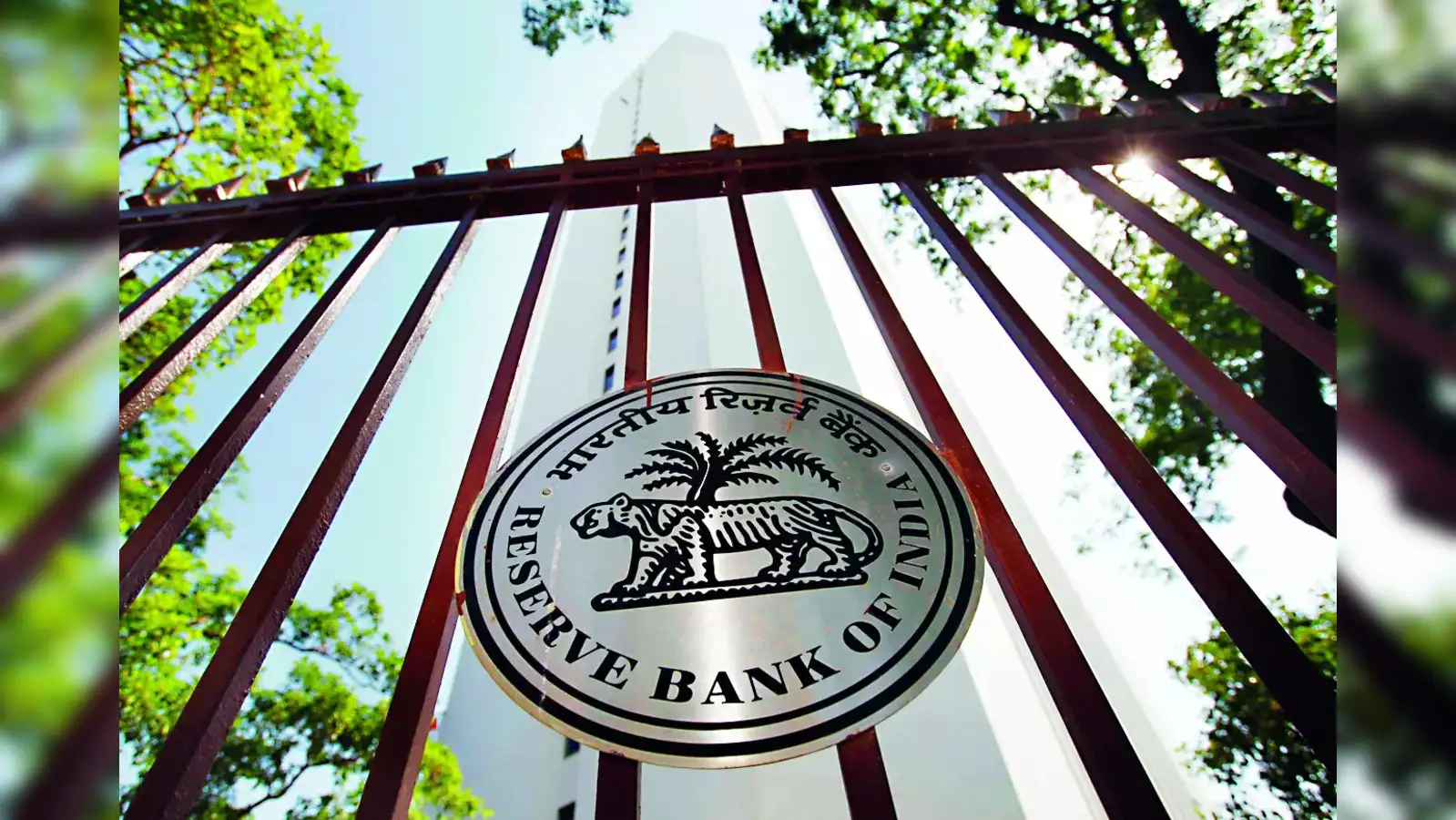RBI Board Evaluates Capital Framework for Financial Stability

The Reserve Bank of India (RBI) is set to review its economic capital framework, which may alter how it calculates dividends paid to the government. This review, led by Governor Sanjay Malhotra, comes five years after the Bimal Jalan Committee’s recommendations established the current framework. Economists anticipate a substantial dividend transfer of ₹2.5 to ₹2.75 lakh crore to the government, attributed to record profits from dollar sales amid the rupee’s depreciation in the latter half of FY25. The RBI typically disburses dividends in the last week of May.
Review of Economic Capital Framework
During the recent board meeting, the RBI’s directors discussed potential changes to the economic capital framework. This review is significant as it follows the guidelines set by the Bimal Jalan Committee in 2019, which recommended that the RBI include revaluation balances in its risk buffers while limiting their use for market risks due to their volatility. The committee emphasized the need for a balanced approach to surplus distribution, taking into account both total economic capital and realized equity. This ensures that the RBI maintains a healthy balance between its overall capital and the more stable portion of its reserves.
The committee also suggested a periodic review of the framework every five years to keep it relevant. The current review aims to assess whether any adjustments are necessary based on the evolving economic landscape and the RBI’s financial health.
Projected Dividend Transfer
Economists are optimistic about the RBI’s upcoming dividend transfer to the government, estimating it to be between ₹2.5 lakh crore and ₹2.75 lakh crore. This projection is largely due to the RBI’s impressive profits from selling dollars at favorable margins, particularly following the depreciation of the rupee in the second half of FY25. Although these earnings were recorded in FY25, the actual dividend payout will occur in the current fiscal year, typically in late May.
The anticipated dividend is crucial for the government’s finances, as it can significantly impact budgetary allocations and fiscal planning. The RBI’s ability to generate such profits reflects its effective management of foreign exchange reserves and market conditions.
Insights from RBI Officials
In a press conference earlier this year, Governor Sanjay Malhotra highlighted the importance of the ongoing review of the economic capital framework. He noted that the RBI is currently at the upper limit of the recommended 5.5% to 6.5% ratio of realized equity to its balance sheet. This ratio is vital in determining how much surplus the RBI retains versus what it can transfer to the government.
Malhotra indicated that any changes to this framework could be either upward or downward, depending on the committee’s findings. He emphasized that the review process is thorough and aims to ensure the RBI’s financial stability while meeting government needs.
Deputy Governor M Rajeshwar Rao also commented on the relevance of the Jalan Committee’s recommendations, which apply until March 2024. He confirmed that the internal review is ongoing and that any necessary changes will be discussed with the government and the board at a later stage.
Future Implications
The outcome of the RBI’s review could have significant implications for its financial operations and its relationship with the government. By reassessing the economic capital framework, the RBI aims to adapt to changing economic conditions while ensuring that it can continue to support government finances through substantial dividend transfers.
As the review progresses, stakeholders will be closely monitoring the RBI’s decisions and their potential impact on the broader economy. The central bank’s ability to balance its capital requirements with the need to provide financial support to the government will be crucial in maintaining economic stability and fostering growth in the coming years.
Observer Voice is the one stop site for National, International news, Sports, Editor’s Choice, Art/culture contents, Quotes and much more. We also cover historical contents. Historical contents includes World History, Indian History, and what happened today. The website also covers Entertainment across the India and World.

